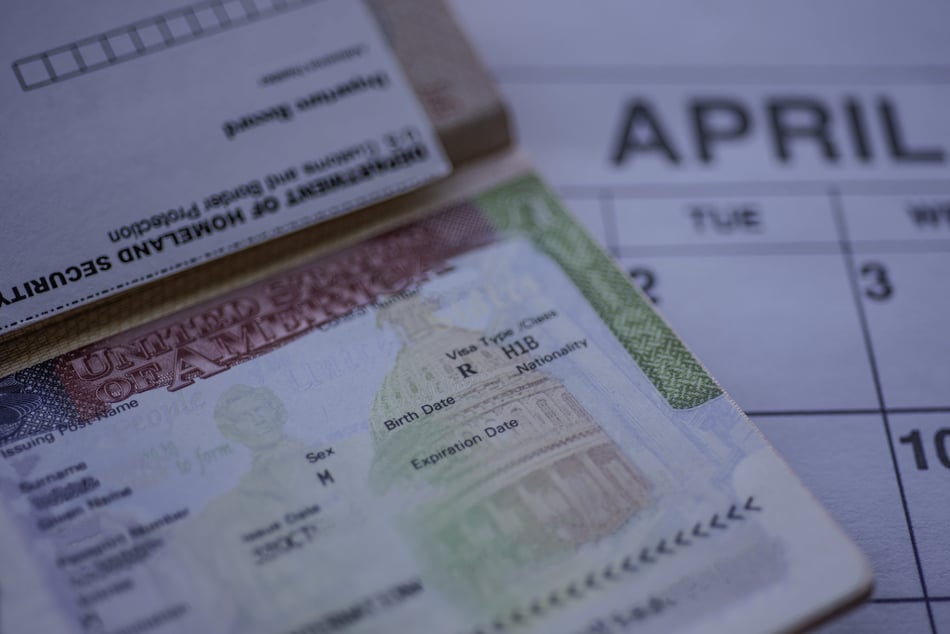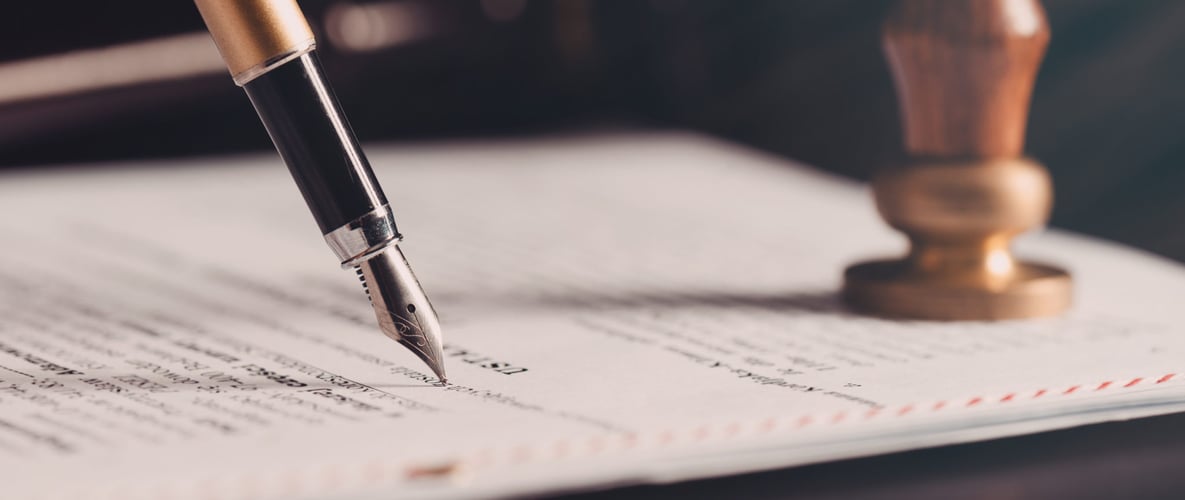
Are you an engineer? Maybe a healthcare professional? What about an educator? If you’d like to work in the United States, and you have highly specialized knowledge plus a Bachelor’s degree or higher, the H-1B visa could be an option for you.
Visas are processed by the United States Citizenship and Immigration Service (USCIS), part of the Department of Homeland Security. The following information reflects USCIS policy, but this is not legal advice. The process of receiving a visa can be extremely complex, with many steps and critical deadlines. To set up a consultation with an experienced immigration attorney at Novo Legal, click here.
What is the H-1B Visa Program?
The H-1B program allows employers in the United States to temporarily employ foreign workers in occupations that require highly specialized knowledge and a Bachelor’s degree or higher. H-1B specialty occupations may include fields such as architecture, technology and computer science, engineering, mathematics, physical sciences, medicine and health, education, business specialties, law, theology, and the arts.
Receiving an H-1B visa requires paperwork not just from you and your attorney, but from your employer as well. Therefore, it is critical that your employer is ready, willing, and able to help you obtain your visa.
Examples of employers who sponsor the most H-1B visas are Google, Amazon, Deloitte & Touche, Tata Consultancy Services, Cognizant Technology Solutions, Infosys, IBM, Ernst & Young, Capgemini, Tech Mahindra of the Americas, and Wipro. Other well-known companies that frequently sponsor H-1B Visas include Facebook, Apple, JPMorgan Chase, PriceWaterhouseCoopers, K-Force, and Walmart. (Source: MyVisaJobs.com)
Generally, H-1B visa holders are eligible for a total maximum stay of six years that includes work across multiple companies; a new six-year period of H-1B status may begin only after the beneficiary has spent at least one year outside of the United States.
Outside of the standard H-1B Specialty Occupations Visa, there is a sub-classification H1-B2 Visa for Department of Defense Researchers and Development Project Workers.
To qualify, you must be employed in a job that requires a Bachelor’s or higher degree, or its equivalent, to perform the duties. Further, your petition must be accompanied by:
- A verification letter from the DOD project manager for the particular project stating that the beneficiary will be working on a cooperative research and development project or a co-production project under a reciprocal Government-to-Government agreement administered by DOD.
- A general description of the beneficiary’s duties on the particular project and the actual dates of the beneficiary’s employment on the project.
- A statement indicating the names of noncitizens currently employed on the project in the United States and their dates of employment and the names of noncitizens whose employment on the project ended within the past year.
Spouses and Children of H-1B Visa Holders
The spouse and unmarried children under 21 years of age of H-1B visa holders may seek admission under what is called H-4 “nonimmigrant” classification. In most cases, H-4 dependents are not authorized to work in the U.S. and are not eligible for a social security number, although they are permitted to study at U.S. universities.
If you or someone you know needs help securing a visa, or with any immigration issue, click here to schedule a consultation with our experienced immigration attorneys.



